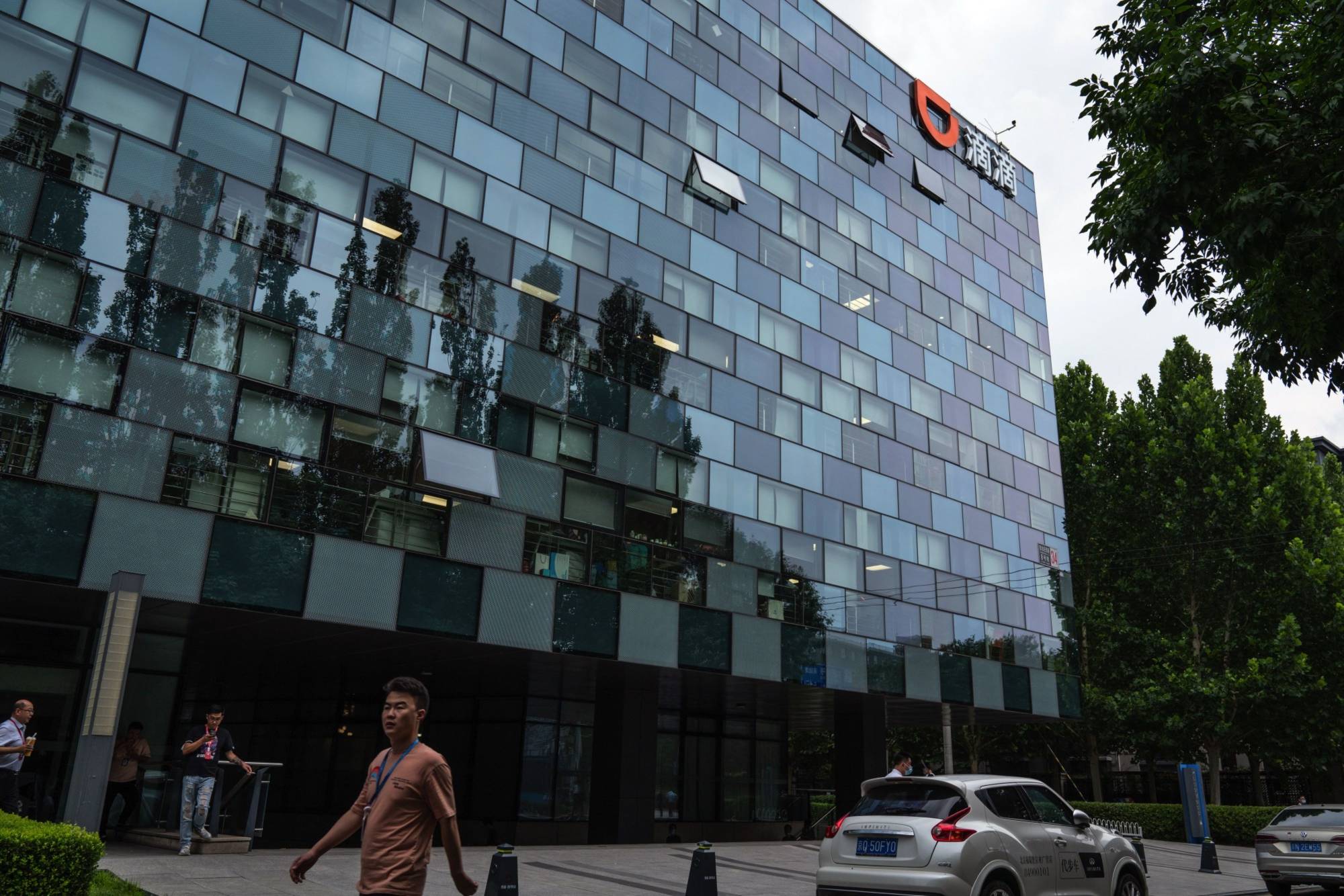
BEIJING – Didi Global, China’s leading ride-hailing company, has announced a net loss for the first quarter of 2024, following two consecutive quarters of profitability. The company attributed the loss primarily to a decrease in investment income from its stake in the Chinese electric vehicle maker Xpeng.
For the quarter ending in March, Didi reported a net loss attributable to shareholders amounting to 1.4 billion yuan. This decline was largely due to the drop in investment returns from Xpeng, where Didi holds around a 3.25% stake following the sale of its electric car development business to the automaker in August 2023. The deal was valued at US$744 million.
Despite this setback, Didi’s adjusted net income for the quarter, which excludes losses from investment income and other expenses, was also 1.4 billion yuan, indicating the company’s underlying operations remain profitable.
Revenue for the three months increased by 14.9% year-over-year, reaching 49.1 billion yuan. This growth is a sign of recovery for Didi, which faced significant regulatory challenges in recent years.
In 2021, Didi drew scrutiny from China’s cyberspace regulator after it pursued a U.S. initial public offering without obtaining the necessary approvals. The subsequent investigation led to the company being prohibited from adding new users, and many of its apps were removed from major app stores. In July 2022, the regulator imposed a US$1.2 billion fine on Didi for data security violations. The company was allowed to relaunch its apps early in 2023.
This month, co-founder Jean Liu stepped down from her roles as president and board director. Liu has been a key figure in Didi’s financial strategies over the past decade. She will continue to serve as a “permanent partner” and chief people officer, maintaining her current duties.
The ride-hailing market in China shows signs of recovery, although the broader economic growth remains sluggish amid an ongoing property crisis and weak domestic consumer demand. According to the Ministry of Transport, total ride-hailing orders in March reached 891 million trips, marking a 20% increase from the same month in the previous year.
Didi’s revenue from its international operations also showed strong growth. First-quarter revenue from these operations rose by 43.9% year-over-year to 2.4 billion yuan. Didi has a substantial presence in Brazil and Mexico, where it owns major ride-hailing platforms.
| Metric | Q1 2024 | Q1 2023 | Change |
|---|---|---|---|
| Net Loss Attributable to Shareholders | 1.4 billion yuan | Profit | N/A |
| Adjusted Net Income | 1.4 billion yuan | N/A | N/A |
| Total Revenue | 49.1 billion yuan | 42.7 billion yuan | +14.9% |
| International Revenue | 2.4 billion yuan | 1.67 billion yuan | +43.9% |
- Didi Global’s net loss is primarily due to reduced investment income from Xpeng.
- Adjusted net income remains positive, indicating strong core business operations.
- Revenue grew by 14.9%, showing signs of recovery post-regulatory challenges.
- Co-founder Jean Liu steps down as president but remains active in the company.
- Ride-hailing demand in China and international markets shows significant growth.
Didi’s journey over the past few years has been tumultuous. The company’s decision to pursue a U.S. IPO in 2021 without approval from Chinese regulators led to severe repercussions. The ensuing crackdown saw Didi’s apps being removed from major app stores, severely limiting its ability to acquire new users. The US$1.2 billion fine imposed in 2022 for data security violations was another significant blow.
However, Didi has demonstrated resilience. The company’s ability to increase its revenue by 14.9% year-over-year is a testament to its recovery strategy. The relaunch of its apps in early 2023 has been crucial in regaining market traction.
The ride-hailing industry in China is experiencing a recovery, with total ride-hailing orders reaching 891 million trips in March 2024, a 20% increase from the same period last year. This resurgence in demand is critical for Didi, which generates most of its revenue domestically.
Internationally, Didi’s performance has been robust. The company’s significant presence in Brazil and Mexico is paying off, as evidenced by a 43.9% increase in first-quarter revenue from these regions. This international growth is vital for Didi as it seeks to diversify its revenue streams and reduce dependency on the Chinese market.
The recent leadership changes, particularly Jean Liu’s departure from her roles as president and board director, mark a significant shift. Liu has been instrumental in shaping Didi’s financial strategies. Her continued involvement as a permanent partner and chief people officer suggests that she will still play a crucial role in the company’s future direction.
While Didi’s immediate financial outlook is challenged by the net loss reported in the first quarter, the underlying growth indicators are positive. The increase in ride-hailing orders and revenue growth, both domestically and internationally, suggest that the company is on a path to recovery.
The broader economic context in China remains a concern, with sluggish growth due to an ongoing property crisis and weak domestic consumer demand. These factors could impact Didi’s future performance. However, the company’s strategic focus on international markets and operational efficiency provides a buffer against these domestic challenges.
In conclusion, while Didi Global faces immediate financial challenges, its long-term prospects appear positive. The company’s ability to navigate regulatory hurdles, coupled with strong domestic and international growth, positions it well for future success. The recent leadership changes and market dynamics will be critical areas to watch as Didi continues its recovery journey.
Related News:
Featured Image courtesy of DALL-E by ChatGPT
